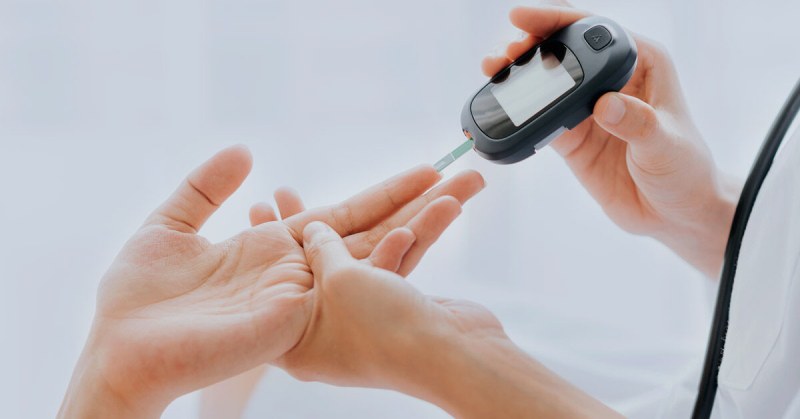High blood sugar, or hyperglycemia, is often associated with classic symptoms like increased thirst, frequent urination, and fatigue. However, high blood sugar can present itself in many unexpected ways, making it easy to overlook. Recognizing these lesser-known symptoms can help you manage blood sugar levels early and prevent complications. Here are some surprising signs of high blood sugar to keep on your radar:
1. Blurred Vision and Eye Discomfort
High blood sugar can impact the tiny blood vessels in your eyes, causing blurred vision or even slight changes in your vision. It’s easy to mistake this for general tiredness or eye strain, but if it’s persistent, it might be due to elevated blood sugar levels.
2. Slow-Healing Cuts and Bruises
If you notice that minor cuts, bruises, or sores are taking longer to heal than usual, high blood sugar could be the cause. Elevated glucose levels can reduce blood flow and impair the body’s ability to heal quickly, making it essential to monitor healing times.
3. Unexplained Skin Changes
High blood sugar can cause skin issues like dark patches, particularly on the neck, armpits, or groin, known as acanthosis nigricans. You might also experience dry, itchy skin or develop small, yellow bumps, all potential signs of elevated glucose levels.
4. Frequent Headaches
Fluctuating blood sugar can lead to recurrent headaches, sometimes mistaken for dehydration or stress-related tension. These headaches may come on suddenly and be resistant to usual remedies, signaling an underlying blood sugar imbalance.
5. Nerve Tingling or Numbness
Persistent high blood sugar can affect the nerves, especially in your hands and feet. This tingling or numbness might seem minor but can be an early sign of neuropathy, a condition often associated with prolonged high blood sugar.
6. Sudden Mood Swings or Irritability
Blood sugar levels can significantly impact your mood, causing irritability, anxiety, or even feelings of confusion. This happens because glucose imbalances affect brain function, making mood shifts a potential sign of high blood sugar.
7. Increased Susceptibility to Infections
If you find yourself getting infections more frequently than usual, high blood sugar may be affecting your immune system. In particular, yeast infections, urinary tract infections, and gum infections can be more common.
8. Constant Hunger Despite Eating Well
Feeling constantly hungry, even after meals, can be a sign of blood sugar dysregulation. When blood sugar levels are consistently high, glucose isn’t efficiently absorbed into cells, leaving you feeling unsatisfied and hungry even after eating.
9. Fatigue Beyond the Usual
While tiredness is a common symptom, prolonged fatigue despite adequate rest may be a lesser-known sign of high blood sugar. When glucose builds up in your bloodstream rather than entering your cells, it leaves you drained and low on energy.
10. Sweet or Fruity Breath
A lesser-known but distinctive sign of very high blood sugar, particularly in people with diabetes, is a fruity or sweet-smelling breath. This can indicate the presence of ketones, which can develop in severe cases and require immediate medical attention.
When to Seek Help
If you notice any of these symptoms, consider checking your blood sugar levels or scheduling an appointment with your healthcare provider. Detecting and managing high blood sugar early on is crucial in preventing complications and maintaining overall health. Always pay attention to your body’s signals and seek support when needed.

 Diabetology2 weeks ago
Diabetology2 weeks ago
 Diabetology7 days ago
Diabetology7 days ago
 Diabetology5 days ago
Diabetology5 days ago
 Diabetology6 days ago
Diabetology6 days ago
 Diabetology6 days ago
Diabetology6 days ago
 Diabetology3 days ago
Diabetology3 days ago
 Diabetology3 days ago
Diabetology3 days ago
 Diabetology24 hours ago
Diabetology24 hours ago






